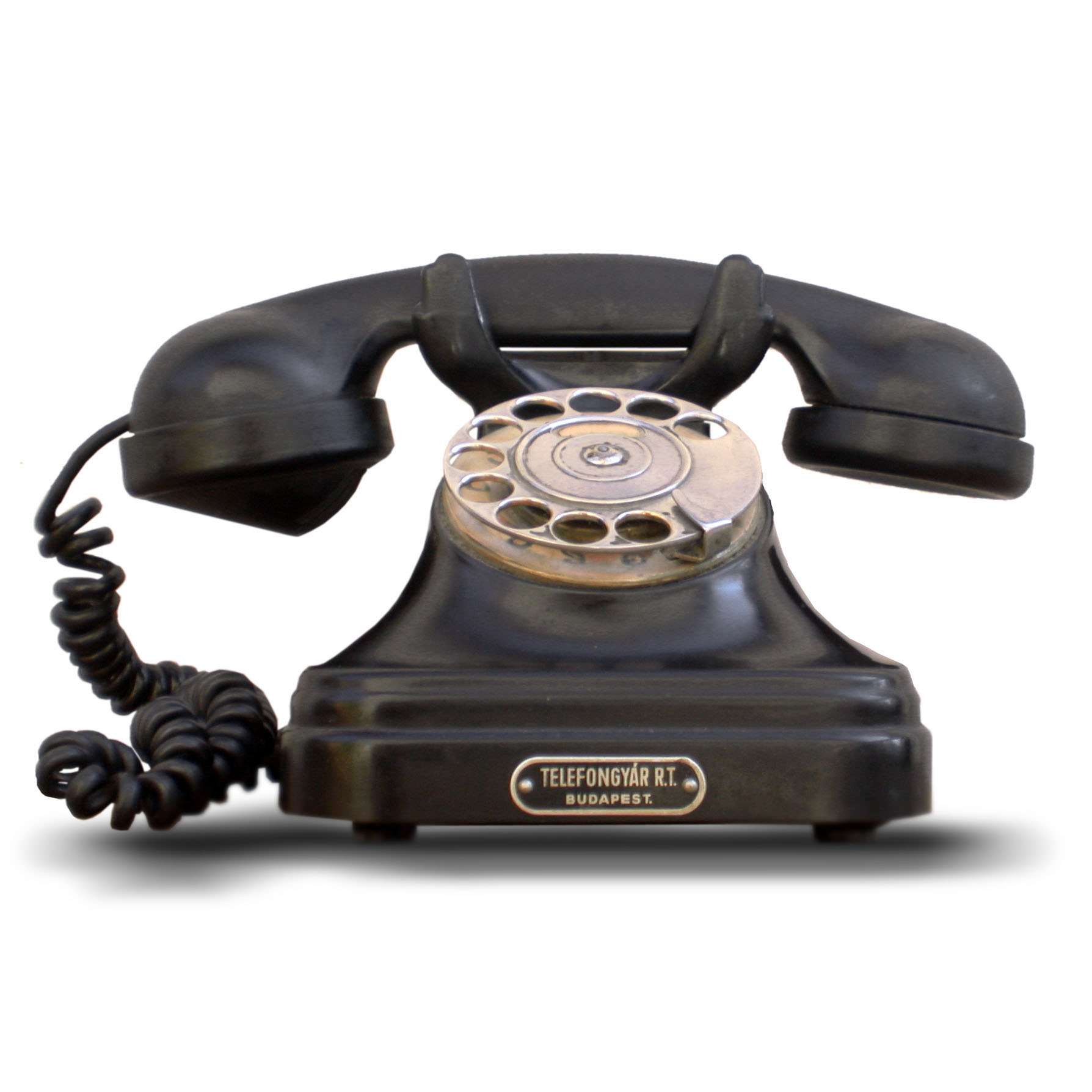 |
| By Takkk [CC-BY-SA-3.0] |
But in the 21st century, is the telephone still as relevant as it once was? Should it still be the default communication tool for business, to the exclusion of all else?
I argue that it isn't, and it shouldn't.
That's not to say the telephone doesn't still have it's place, but it seems that that place is no longer at the top of the podium. Other tools like email, Instant Messaging and SMS are often a superior choice.
But how do we determine which medium we should use for the given message?
There are four factors to take into account:
1. Speed:
How fast do you need to get your message across? How soon do you need an answer? It may be quick and easy to pick up a phone and call someone for a quick answer, but is it really necessary? Do you really need an answer so urgently that you risk intruding on the time of the person you're calling? Is it worth interrupting a meeting or disturbing a concentrating worker?
If you can wait a few minutes for an answer, perhaps a better option would be an SMS or an Instant Message. If you don't need an answer for a few hours, an email, a tweet or a Facebook message might be more suitable.
Especially given the ubiquity of cellphones, the telephone call remains unrivaled when it comes to speed. The ability to exchange ideas in a quick-fire exchange has tremendous value under the right circumstances. But faster isn't always better.
Does it matter how much of the message makes it through? Is it short and easy or long and detailed?
Communicating by voice (be it on the phone or in a meeting) is most efficient when the message itself is concise and clear. A brief discussion providing updates on a topic both participants already understand well would be a good example of this. In this case, if portions of the message are lost due to poor audio quality or loss of signal, the impact is low as the receiver already understands the context of the message, and likely only needs to hear a few key words in order to make sense of it.
However, when conveying messages that need to be delivered in full, voice communication is seldom the best choice. This could be things like long numbers, detailed descriptions, unfamiliar terminology or proper names - things that the receiver would need to understand completely, and may even need to refer back to later.
In this sort of situation, text-based communication would be the logical choice. Providing the information in text form allows the receiver to interact with it as needed, which may include being able to copy and paste it into another system.
When it comes to fidelity, the telephone comes out at the bottom of the pile.
3. Cost
It's a valuable exercise in and of itself to try and save on costs, but is it worth it to invest a little more to get an urgent message out?
Most of the alternative communication media I've mentioned above have a cost of zero or near zero: email, Insant Messaging, Facebook messaging, Twitter... these are all Internet-based technologies that cost only as much as it takes to send the actual bits and bytes via the Internet... in other words, effectively zero.
Contrast this with a telephone call which is often billed by the second. A cost comparison between an Instant Message conversation and a telephone call used to convey the same information will often reveal that the phone call cost several orders of magnitude more.
Now, as mentioned above, the telephone call is the fastest tool available. That being the case, there may well be occasions when the extra expense is justified in order to get the quick response. But how often is that really the case?
Arguably the biggest failing of the telephone conversation is that, under normal circumstances, once the call has ended, there is no record of the content of that call other than in the respective brains of the participants. Human memory as a storage medium may be adequate under certain circumstances, but when it comes to detailed knowledge or sensitive information, it's simply not good enough.
One solution is to record telephone conversations for later reference, but this often has legal implications, and probably shouldn't be entered into lightly. Another popular solution is "following up" the phone call with an email containing the details of what was discussed.
Here's the question I've yet to hear a good answer to: if you're going to send an email after the phone call anyway, why not just save everybody the time and money, skip the phone call and just send the email? Is it really necessary to have a voice conversation first? Really?
Written communication media are generally easy to refer back to, easy to back-up and easy to redistribute. No need to remember what the conversation entailed if it's possible to refer back to the original text, and no need for "broken telephone" when passing it on to others.
In short, the telephone still has value, but that value is limited only to certain circumstances. Before making that call, think through the four criteria listed above, and ask yourself if the phone really is the best option. You'll probably find that it isn't.
No comments:
Post a Comment